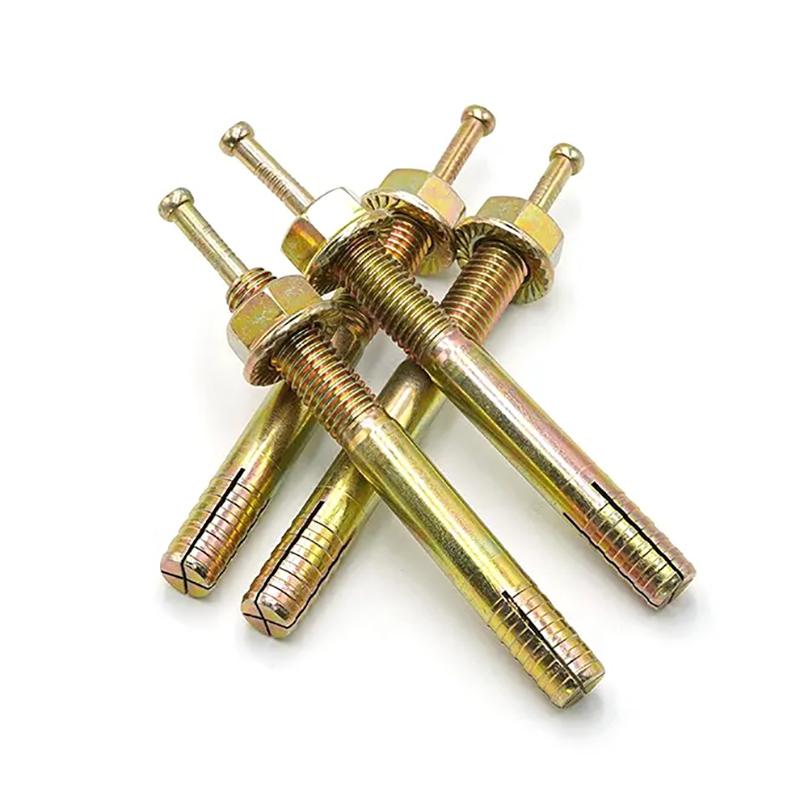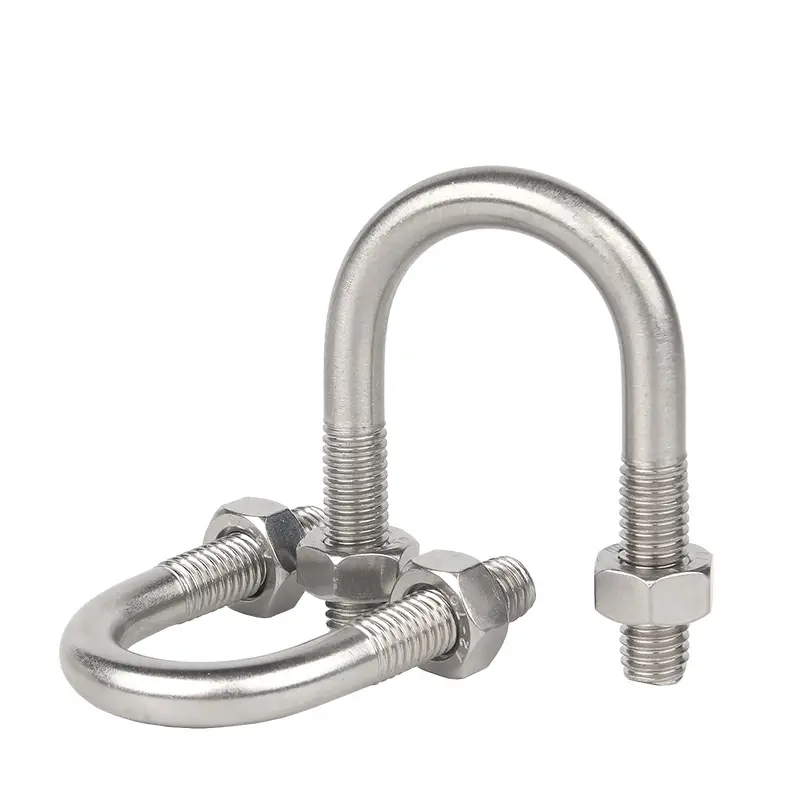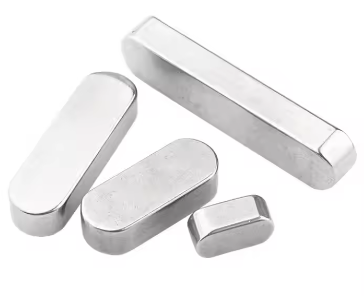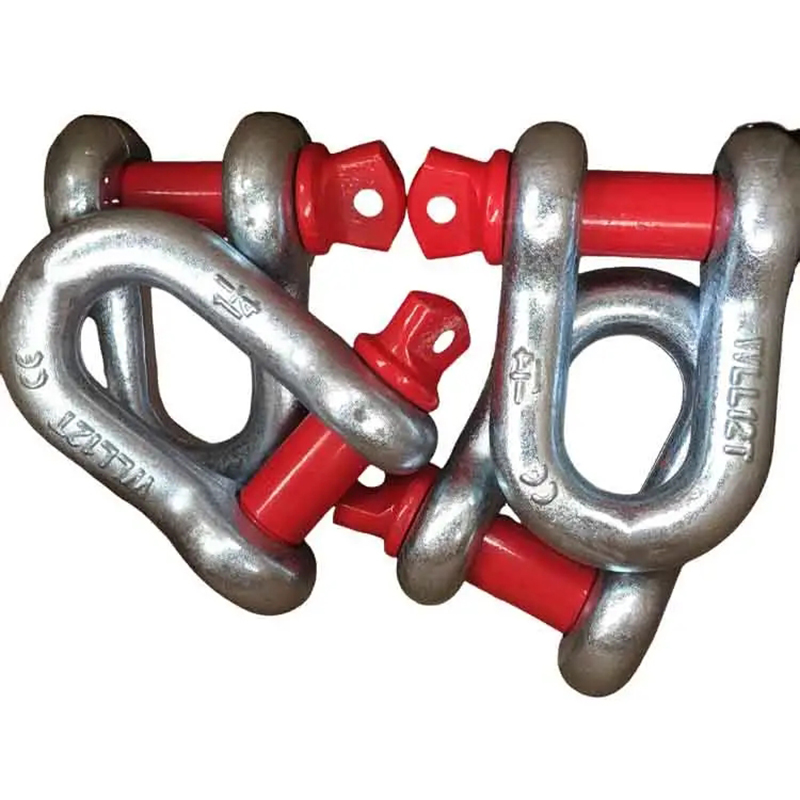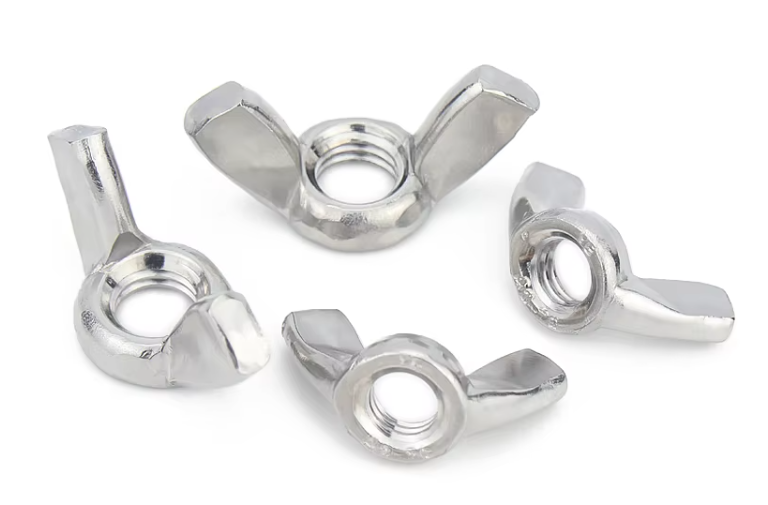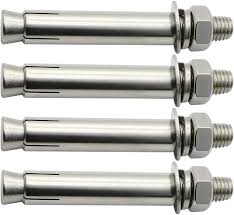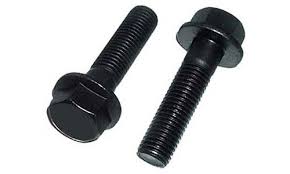

This guide provides a complete overview of where to find and buy shims, covering different types, applications, and sourcing options. We'll explore various materials, thicknesses, and the best places to purchase shims for your specific needs. Whether you're a professional mechanic, a DIY enthusiast, or an industrial manufacturer, this guide will help you navigate the world of shims and find the perfect fit for your project.
Shims are thin pieces of material used to fill gaps or adjust the alignment of parts. They're essential in various industries and applications, from automotive repair to precision engineering. The material of a shim dictates its properties and intended use. Common materials include metal (steel, brass, aluminum), plastic, and rubber. Different types of shims are available to cater to various thicknesses and applications; ranging from simple flat pieces to more complex shapes designed for specific tasks. The size and thickness needed depend on the specific application, ensuring a precise and secure fit.
Several types of shims exist, each designed for a specific purpose:
Sourcing shims is straightforward, with numerous options available:
Online marketplaces like Amazon and eBay offer a wide selection of shims from various manufacturers and suppliers. This provides a convenient way to compare prices and find the specific type and size needed. However, always check reviews to ensure quality.
Local hardware stores often stock common sizes and materials of shims. While selection might be limited compared to online options, it offers the immediate benefit of in-person purchase and expert advice, if available.
For specific applications or bulk orders, consider contacting specialized fastener suppliers. They can offer a wider range of materials, thicknesses, and custom-made shims tailored to precise specifications. A reputable supplier, such as Hebei Dewell Metal Products Co., LTD, can provide high-quality shims for industrial applications.
If you need shims manufactured to your exact specifications, contacting a metal fabrication company is a viable option. This allows for complete customization regarding material, size, shape, and quantity.
Selecting the appropriate shim involves considering several factors:
Different applications require varying specifications. For instance, automotive shims might need to withstand high temperatures and vibrations, while precision engineering might demand exceptionally tight tolerances. Always verify the material's compatibility with other components.
| Material | Thickness Range (mm) | Typical Applications |
|---|---|---|
| Steel | 0.1 - 10+ | Automotive, Machinery, Industrial |
| Brass | 0.1 - 5 | Electronics, Precision Engineering |
| Aluminum | 0.1 - 3 | Lightweight applications, electronics |
Remember to always prioritize safety when working with tools and machinery. Consult professional guidance if you are unsure about any aspect of shim selection or installation.

